MADISON, Wis. — As winter thaws away, agriculture fields welcome spring with mud. Kim Fruin, like any farmer this time of year, pulls on mud boots before walking around the field she works on just outside of Madison.
“This is a place where I've come to heal at,” Fruin said.
Farming has always been about healing for Fruin. She started planting food when she discovered she had thyroid cancer as a way to eat healthier food. She first got an opportunity to farm a small piece of land through UW-Green Bay.
“I didn't want to stop, it snowballed into what it is now where I wanted to farm,” Fruin said. “I feel like it was a calling.”
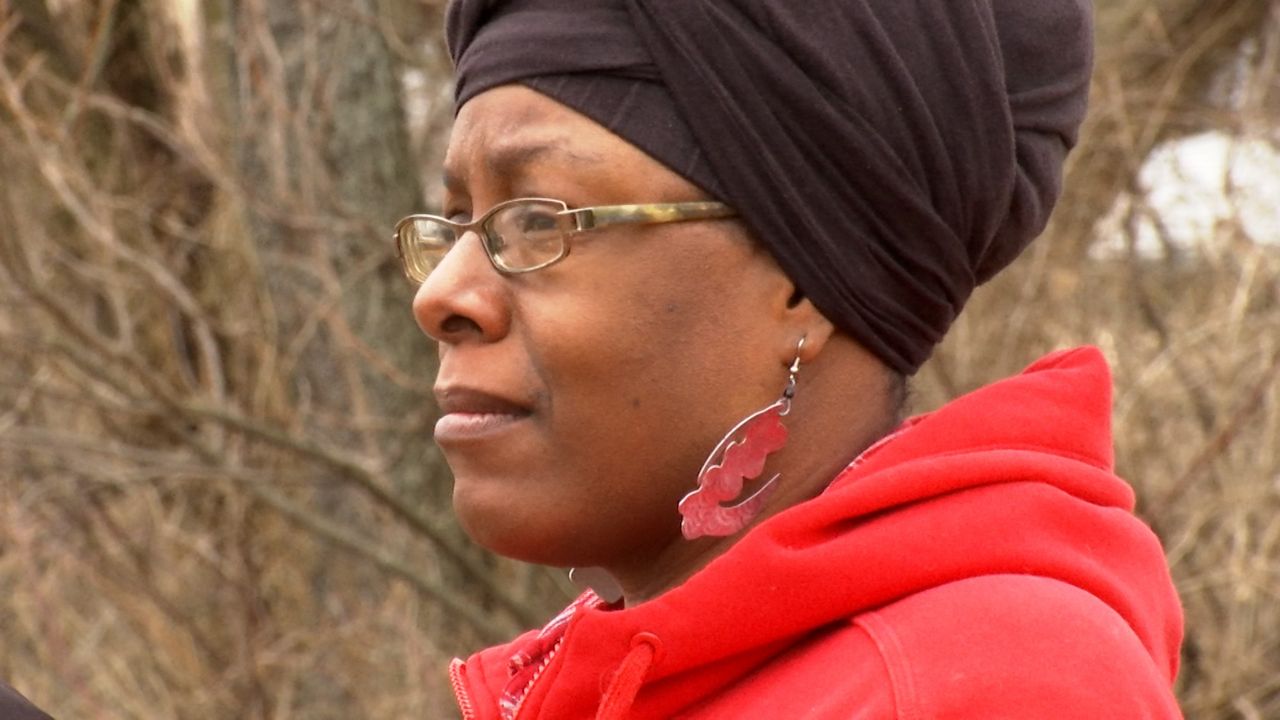
Kim's path to farming a small piece of land in Madison went through legal trouble. After being in jail, she heard about a program called Farming After Incarceration Release, or FAIR, where former inmates were given the opportunity to farm, get paid an hourly wage to do it, then sell what they grow at the South Madison Farmer's Market. Before getting into the program, she had to interview with the executive director Robert Pierce.
“I said I'm a farmer, I don't think I'm a farmer, I know I'm a farmer, if you give me an opportunity I'll show you,” Fruin said. “And he gave me an opportunity.”
Fruin started the program last year, she's continuing it for this year as an apprentice. She's learned nuances of starting a business through FAIR and plans to start her own after completing her apprenticeship. She's grateful to the program.
“For me, it was a lifesaver,” Fruin said. “Definitely for me because I lost everything, I was homeless. Nobody would give me a chance.”
Pierce — who not only founded FAIR about four years ago, but runs several other organizations like the South Madison Farmer's Market — said he started the program to help people in Fruin's situation.
“There's a problem with felons not being able to get jobs, it's a revolving door that keeps them going in and out of prisons,” Pierce said.
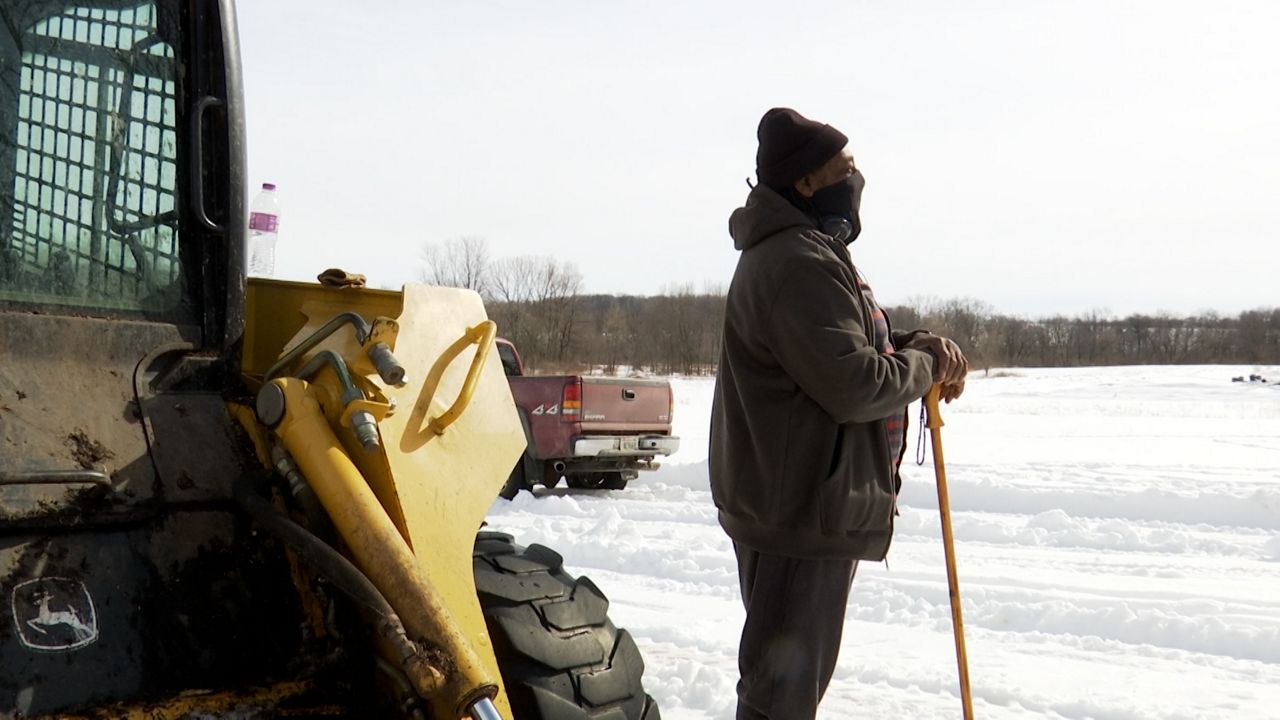
Pierce said most of the people stuck in that revolving door are African American men. FAIR aims to give a lifeline to those people through agriculture and entrepreneurship.
“That was one of the reasons why the Fair program came about because we wanted to figure out a way to break that chain and put some type of a dent in it so we could be able to be self sufficient,” Pierce said.
FAIR accepts five people a year — Pierce said they would do more if they had the funding. The farmers are paid $13 an hour in city wages. Once they farm a year they have the option to come back and farm a quarter acre to a full acre on the land, which is owned by Neighborhood Food Solutions. They sell what they grow at the South Madison Farmers Market.
FAIR works with groups like Just Dane, Nehemiah, and the UW-Madison Nelson Institute on the program.
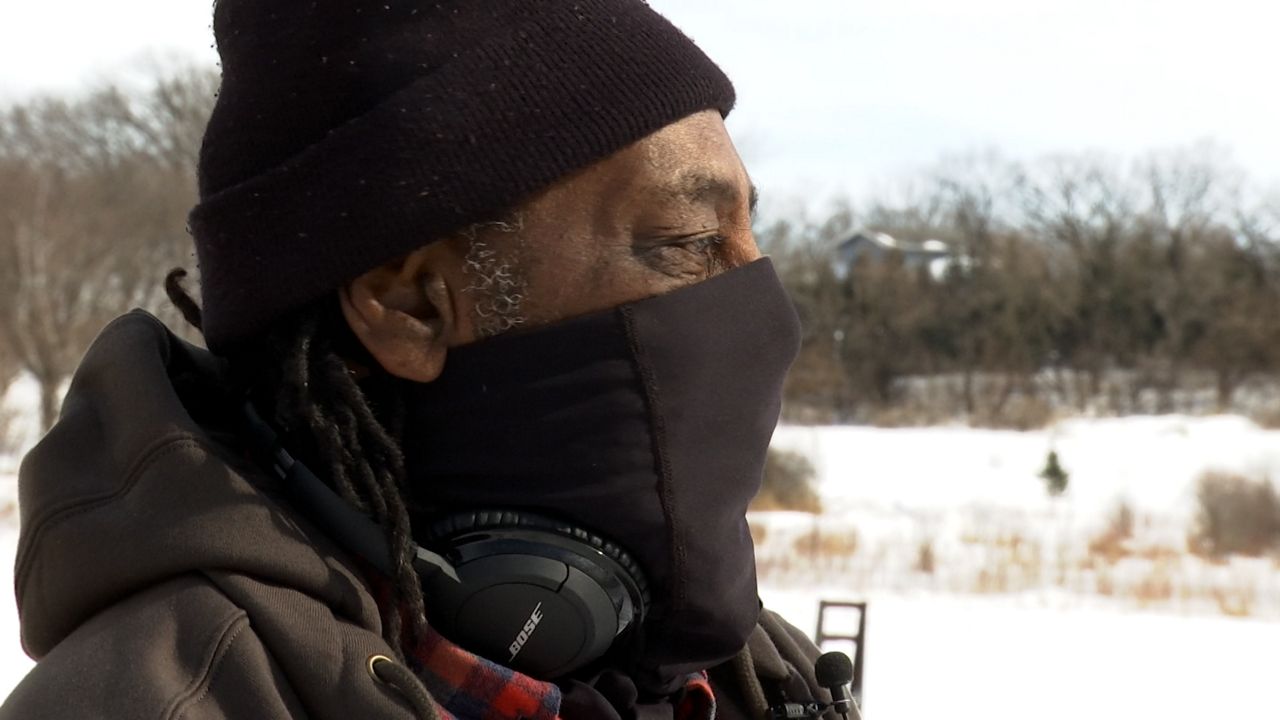
Pierce said the people in FAIR are often still embroiled in the legal system. They deal with probations, paroles, court fees and domestic commitments. He said the program works around those commitments.
“It's a fair program, that's why it's called FAIR, we work with them because we know the problems they have to face every day,” Pierce said.
The farming in FAIR, and everything NFS does, has a heavy emphasis on organic, sustainable and local farming. That's important to Pete Johnston, who farms with FAIR and NFS now and has known Pierce for years.
“To have the trace minerals into your food supply to make you a healthier person vibrant and be able to live for a long time without the ailments that people have,” Johnston said.
Johnston said he's always had an appreciation for food and agriculture. These days he's getting his hands dirty growing peppers with NFS. He sees the local food aspect of FAIR as crucial.
“Making your food hyper local so it's not traveling from across seas or across borders or anything and supporting your local neighborhoods and getting fresh produce on their tables,” Johnston said.
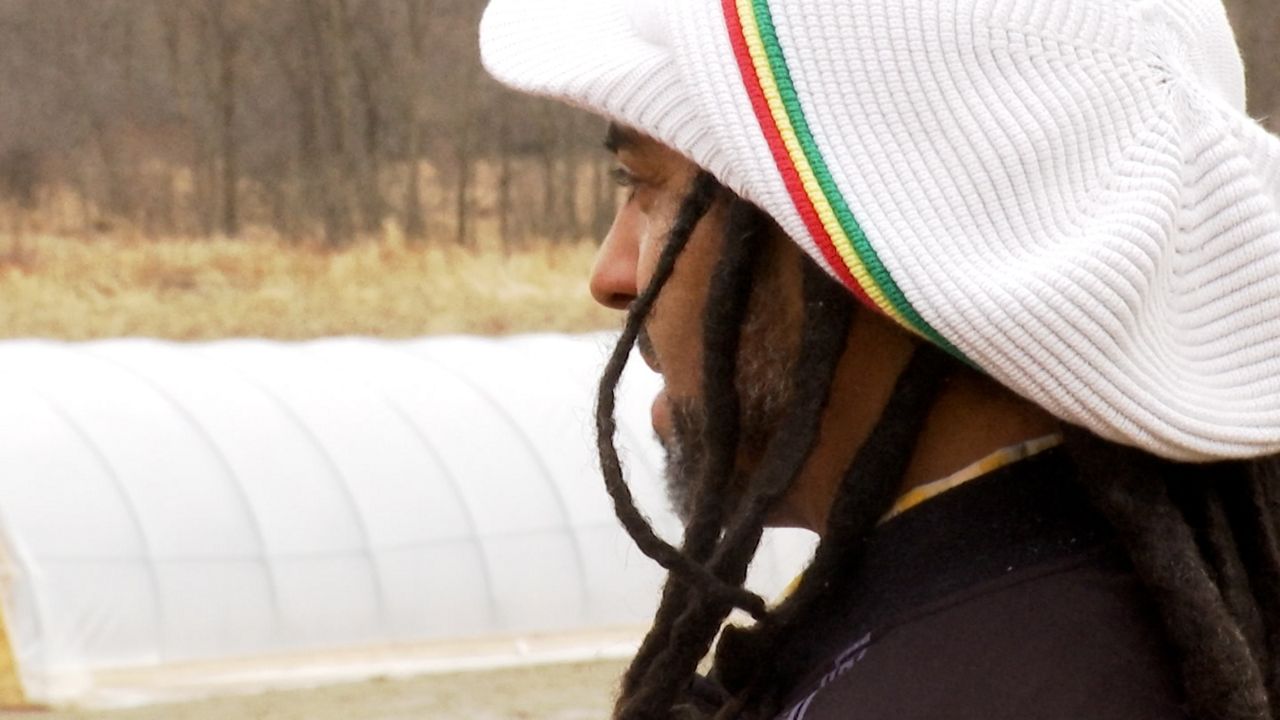
Pierce agrees, local food or food someone grows for themselves is just healthier. He also sees small farm operations, like Johnston's peppers, as a key for Black farmers in the U.S.
“Urban ag is the new way of farming,” Pierce said.
He said the USDA has set Black farmers back in the U.S. And it's incredibly difficult for a Black farmer to get their own traditional farm operation.
“We can plant anywhere and we can do a mass planting on a small amount of area, you don't need to have a hundred acres to make a living off of, you can do this on a half acre or a third of an acre,” Pierce said.
Pierce also said you can make a living off small pieces of land with organic practices. Those are practices he hopes outlive him teaching them.
“My hope is that they continue you know? And teach what they've learned, they want to teach it to someone else, they can keep this momentum going,” Pierce said.
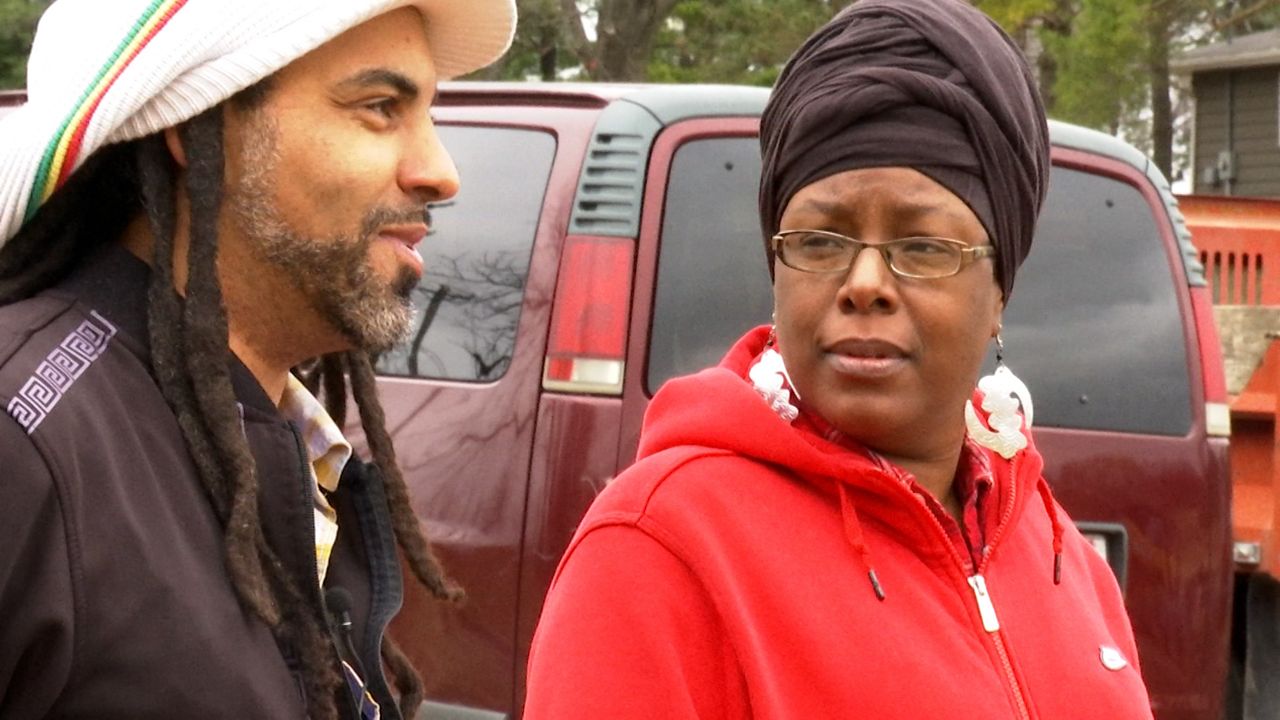
Fruin said having Pierce as a teacher has helped her and so many others.
“He's not just going to leave you, he's going to walk alongside of you,” she said. “And that's important for people who are re-entering back into the community.”
Fruin plans to start a Community Supported Agriculture (CSA) business with what she's learned. After the pandemic, she saw a need not just to get local food to people, but give them the option of having it brought to them.
As Fruin gets ready to plant crops for this year, with her eyes set on her own business in the future, she said FAIR and Pierce's high expectations of the people involved in the program helped her get back confidence in her life.
“They look at you as damaged goods, he didn't. He was like you want to do this then you show it,” Fruin said. “It built my self confidence, I lost a lot of that.”



